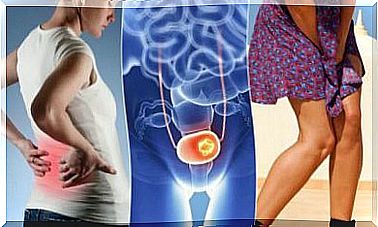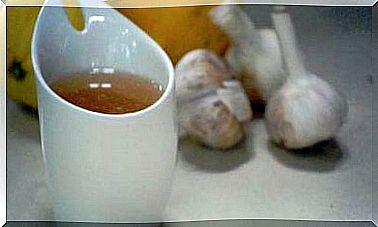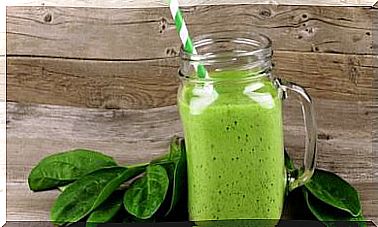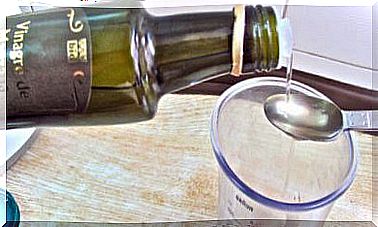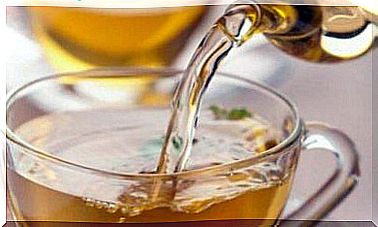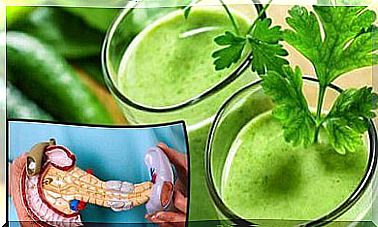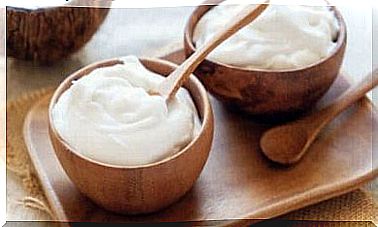6 Truths About Consuming Too Much Salt
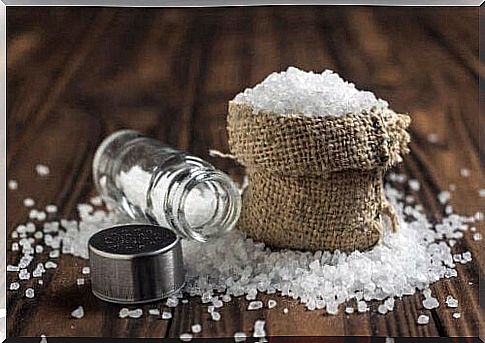
Salt, or sodium chloride, is a compound mineral that is normally used as a flavor enhancer. But for years, experts have warned of the dangers to many people who consume too much salt.
Known to many as white poison, such as table sugar or refined flour, consuming large amounts for a long time can lead to health problems. However, is it true what they say about eating salt? Below we will discuss the most important truths about eating too much salt. Check out the following recommendations.
1. Excessive consumption can cause high blood pressure

Substantiated evidence suggests that salt is one of the main causes of high blood pressure. Having chronic high blood pressure is also known as arterial hypertension. This, in turn, increases the risk of stroke and heart disease, one of the leading causes of death in first world countries.
For example, some tests conducted in countries such as the United Kingdom, Japan and Finland showed that reducing salt intake daily led to a reduction in high blood pressure and the death rate from stroke.
However, these same experts pointed out that this could also be because they had adopted other healthy habits at the same time.
2. Consuming a lot of salt can increase your risk of stomach cancer
Today, stomach cancer is still one of the leading cancers. Geographical variations in incidence rates led researchers to think there is a link between this type of cancer and eating habits.
The main dietary factors associated with this disease include regular consumption of smoked foods, foods preserved in salt, and foods rich in nitrites.
Indeed, some epidemiological studies have analyzed the association between excessive salt consumption and stomach cancer. A meta-analysis of longitudinal studies (link in English) found the following:
Some studies place special emphasis on preserved meats, fish or vegetables in brine. Clinical and epidemiological evidence therefore indicates that a reduction in salt intake and salt-rich products can lead to a decrease in gastric cancer.
3. Kidney patients should control salt intake in their diet
People with chronic kidney disease should also avoid consuming salt. Kidney disease is linked to risks of heart disease and failing kidneys.
Since one of the roles of the kidney is to maintain sodium balance, it is important that these patients moderate their salt intake. In a review of scientific studies (link in English), improvements in high blood pressure and sodium excretion could be observed after 24 hours.
The risk of swelling also decreased, but the long-term effects of salt reduction (such as a drop in death rates or kidney failure) could not be determined.
4. We consume too much salt
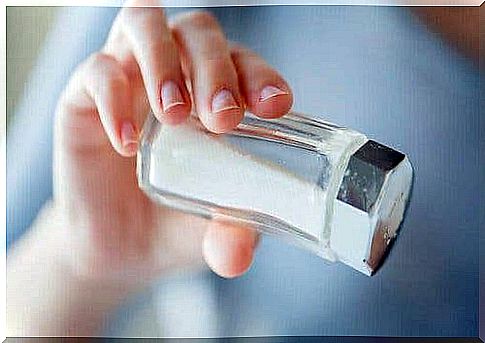
The World Health Organization (WHO) recommends an intake of about 5 grams of salt per day. The problem right now is that the average person’s salt intake significantly exceeds the recommendations of all current guidelines, both for adults and children.
However, in some countries where this has been measured, an average of 8 to 12 grams of salt is taken daily.
5. Be careful with hidden salt
Most of the salt we consume does not come from what we use for cooking. This represents only about 20% to 25% of our salt intake. However, salt in food we buy is much worse.
Most of it comes from:
- Ready-made soups and broths
- bouillon cubes
- Bread, cookies and cereals
- Sausages and other meats
- Snacks and salted nuts
Therefore, the best way to reduce salt in our diets is to choose fresh foods whenever possible, especially:
- Fruits and vegetables
- Eggs
- legumes
- Dried fruit
- Cereals
- Fish
- Fresh lean meat
6. Too little salt is also dangerous
Like all things, neither too much nor too little is good. A good balance is therefore best. We know that we need to control excessive consumption. However, we don’t need to eliminate it completely or keep our consumption to an absolute minimum.
Salt is also needed. Sodium allows our body to maintain proper hydration, transport oxygen and nutrients, and stimulate nerves.
Consuming too little salt can also cause health problems. Paradoxically, both high and low salt intake pose risks of high blood pressure and cardiovascular disease.
We have shown some truths about salt and we now know that we need salt in our diet too. Consult your doctor if you have any questions about this.
